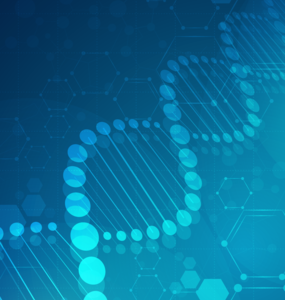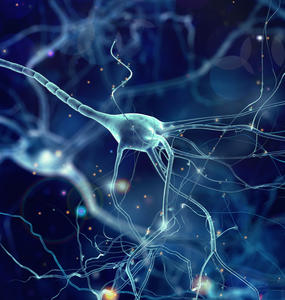The SCOR Corporate Foundation for Science forms part of the SCOR group's long-term commitment to research and the dissemination of risk-related knowledge. This commitment is an integral part of SCOR’s DNA, as illustrated by the Group’s tagline, “The Art & Science of Risk”.
Risk is the “raw material” of reinsurance, and SCOR stays at the cutting edge of risk expertise and research through its vast network of academic institutions, as well as through the support it provides to numerous disciplines including: Demographics, Health & Long-Term Care (Pandemics, Others), Natural Events (Wind, Earthquakes & Volcanoes), Environment (Climate Change, Others) & Biodiversity, Economy & Finance, Actuarial, Risk Management, Risk Cover.
For 2022-2026, SCOR Foundation for Science anticipates to focus its actions on world-class academic research in the following priority areas:
- Global warming trends over the coming years: could the linear approach used by most experts be misleading, given that many natural phenomena are evolving in a chaotic rather than a linear way? What conclusions can be drawn regarding alternative sources of climate change, other than human activity?
- Trends in earthquakes and volcanic eruptions: should we maintain the hypothesis that these events are completely independent of each other? What are the implications for these events of recent research on terrestrial magma and cyclical variations of the earth's rotation speed? Are they likely to change our perception of the corresponding risks?
- The increase in reinsurance liability costs, particularly the cost of suffering: how does macroeconomic inflation affect the cost of insurance liabilities? What is behind the inflation gap between the cost of moral damage and the cost of physical injury? What are the future trends in this respect and what role do the various factors involved (monetary, societal, etc.) play?
- The measurement of risk aversion and how it is evolving: to what extent has individual and collective aversion to risk changed with the two crises we have just experienced? Why are individual and collective behaviors in this area often contradictory, with the same people being averse to some risks while seeking out others?
- The relevance of scenarios and stress tests developed in financial institutions: what theoretical and empirical lessons can be drawn from ten years of scenarios and stress tests? What are the strengths and weaknesses of these, and what are the most suitable methodologies to address them profitably and gain insights that are not arbitrary?
- The long-term impact of the Covid-19 pandemic and lockdown: what long-term impact can we expect on economic activity, inflation, public finances, monetary policy, health, longevity, social behavior (working from home, etc.), education, skills, productivity, globalization and the location of sensitive activities? What lessons can be drawn for risk modelling and management ?


